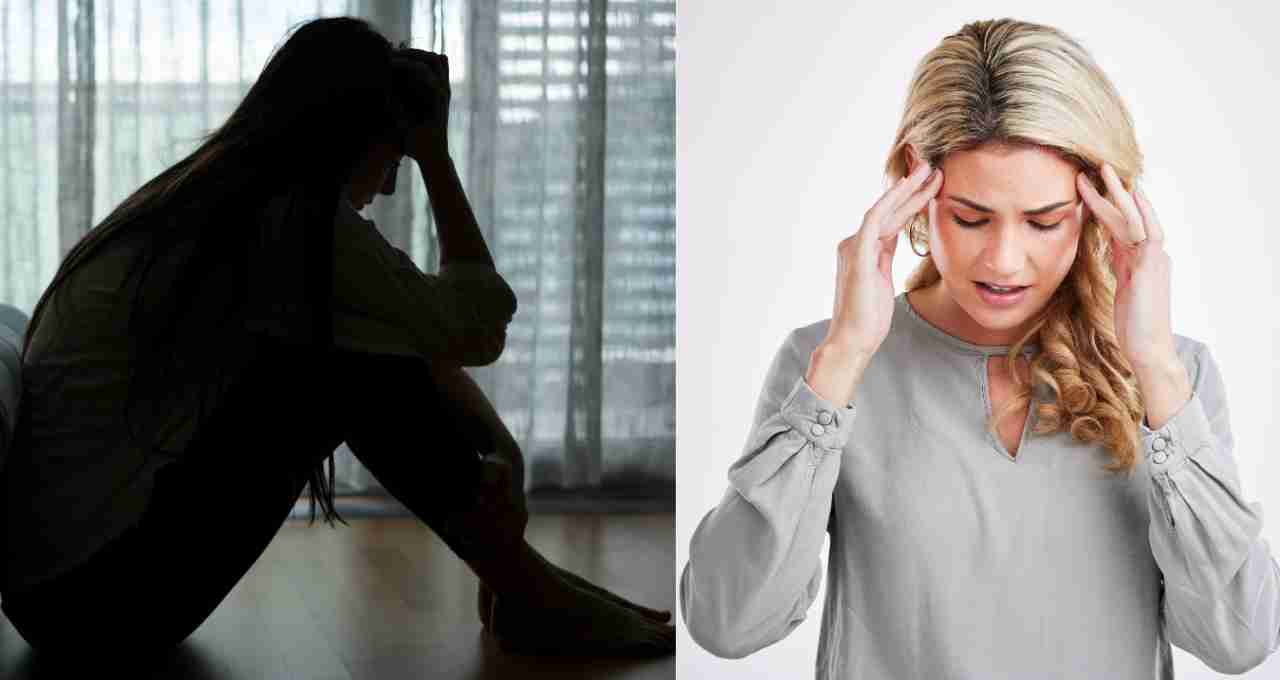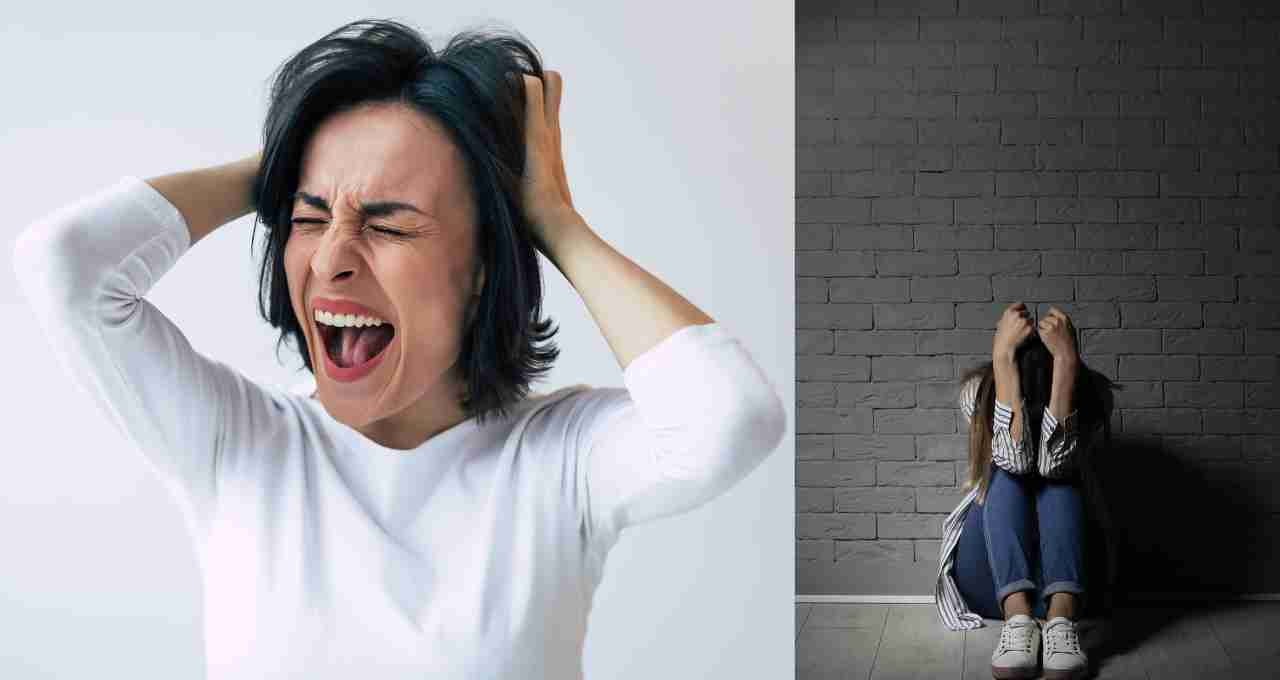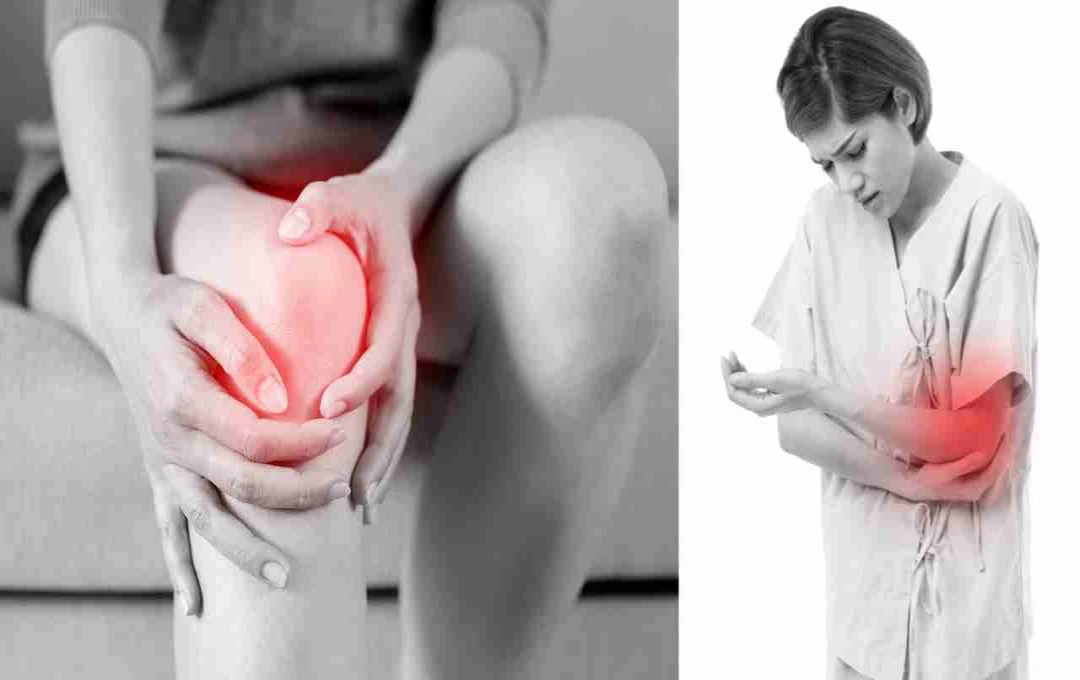On World Mental Health Day, experts provided information about the early symptoms of depression. Signs like persistent sadness, loss of interest in activities, changes in sleep and appetite, and feelings of guilt should not be ignored. In severe cases, individuals may experience suicidal thoughts, making timely psychological help essential.
World Mental Health Day: Millions of people worldwide are grappling with depression, a condition that affects both mental and physical health. According to Dr. A.K. Vishwakarma, a psychiatrist at MMG Hospital in Ghaziabad, early symptoms include persistent sadness, lack of interest in work, changes in sleep and appetite, and feelings of guilt. In serious cases, suicidal thoughts may emerge, making timely treatment extremely crucial.
What is Depression and Its Causes
Depression is a mental state where an individual continuously experiences sadness, hopelessness, and a lack of self-confidence. It also affects a person's daily functioning, relationships, and physical health. Dr. A.K. Vishwakarma from the Psychiatry Department of MMG Hospital, Ghaziabad district, explains that depression can have several causes. These include prolonged stress, instability in family or personal relationships, economic or career-related failures, loneliness, hormonal changes, lack of sleep, and coping with a serious illness. Furthermore, some individuals have a higher likelihood of depression due to genetic factors.
Individuals with a particularly sensitive nature, who deeply feel life events and frequently experience anxiety, are at a higher risk of depression. Hormonal fluctuations in women and the pressure of social media among youth are also contributing to depression. A lack of mental and emotional support can further worsen this condition.
Early Symptoms of Depression

According to Dr. Vishwakarma, depression starts gradually, and early symptoms are often overlooked. Initial signs include persistent feelings of sadness, loss of interest in any activity, changes in appetite or sleep, and feeling worthless or guilty. The person might feel that nothing good is left in life and finds no joy in anything.
As depression becomes more severe, the individual starts to withdraw from people, reduces conversation, and prefers solitude. In severe depression, a person's thoughts may also turn towards suicide or self-harm. This is the stage where immediate help from a mental health professional or counselor becomes necessary.
When Do Dangerous Signs Appear?
The level of depression is considered dangerous when a person's daily activities are affected, and their thoughts become negative or suicidal. Persistent sadness, insomnia, excessive fatigue, feelings of guilt, and a complete loss of interest in any activities are signs that should not be ignored. Timely identification and treatment can completely control depression.
Warning Related to Depression

Depression is not just a mental condition; it can also affect a person's physical health. Long-term untreated depression can lead to heart disease, high blood pressure, and other physical problems. Therefore, it is crucial to pay attention to early symptoms and seek expert help when needed.
Focus on Mental Health
To maintain mental health, one should not suppress their emotions. Talking to family, friends, or a trusted person helps reduce mental stress. Adequate sleep, a balanced diet, and regular exercise or yoga improve mental well-being. Avoiding excessive use of social media is also beneficial.















